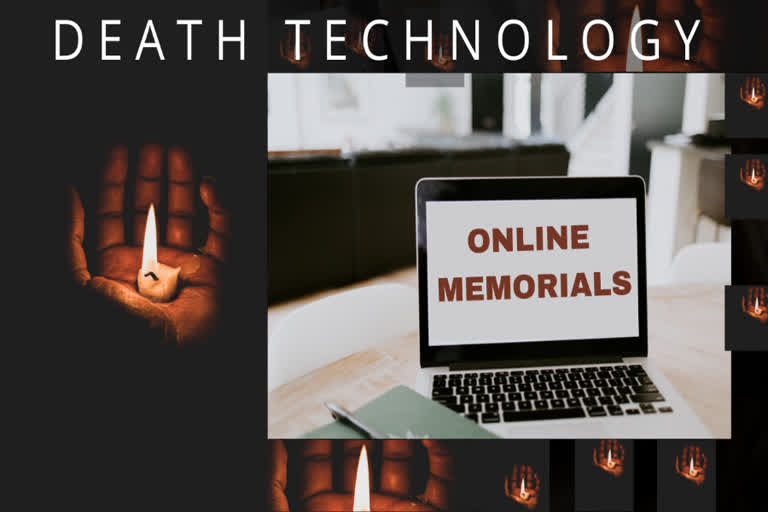MIT Technology Review, USA: In late March, Claire Rezba heard about the tragic death of Diedre Wilkes. Wilkes, a 42-year-old mammogram technician, had died alone of COVID-19 in her home, her four-year-old child near her body.
Rezba, a physician based in Richmond, Virginia, was shaken. “That story resonated with me,” she says. “She was about my age.” Wilkes’s death also heightened Rezba’s anxiety and her fears of bringing the Coronavirus home to her family. Her response took the form of a memorial project.
Whenever she could find a minute, Rezba searched for notices of health-care workers who had passed away. By mid-April, she had collected 150, which she started posting as tweet-length obits to her personal Twitter account. The list, US HCWs Lost to COVID-19, “became a mission,” Rezba says—and continues to grow daily.
Rezba’s Twitter account is just one of several emerging efforts to remember the victims of COVID online. COVID memorial, for example, is a virtual scrapbook inviting people to learn about the lives of those lost. A Google Doc of incarcerated Americans who have died from the disease shows the enormity—and anonymity—of the toll.
Another catalogue is devoted to memorializing Filipino health-care workers in the United States, While the GoogleDoc is sponsored by the American Civil Liberties Union, most of these projects are homemade, compiled by amateur internet sleuths in honor of strangers.
In a year when thousands have died, it makes sense that people want to find ways to understand the loss. Coronavirus patients often die alone, the usual rituals for observing death and processing grief demolished by social distancing protocols. As the pandemic and the rising casualty count dominated the news, people trying to avoid the virus have remained isolated at home, feeling helpless.
Death that is at once so prevalent and so distant is hard for us to comprehend. Our brains are working against us, researchers say: it’s one thing to know that four people were killed in a car crash, for example, or that a plane crash took the lives of 100-some passengers and crew. But with “big numbers,” our ability to comprehend and empathize starts to shut down.
The pre-2020 formula for dealing with death online meant memorializing the Facebook account of the deceased, maybe opening an online condolence book with a funeral home, perhaps a GoFundMe page to raise money for expenses. These newer online memorials are different, inviting strangers to peek into the lives of those who have died and participate in mourning their passing.
Stacey Pitsillides, a design researcher at Northumbria University who focuses on death technology, says that virtual worlds are some of the most innovative spaces gathering strangers to memorialize COVID deaths. “We’ve seen a rise in creative bereavements,” Pitsillides says. One example: in Animal Crossing, the hit feel-good simulation game of 2020, gamers who have lost loved ones will create in-game memorialsor characters to honor them.
